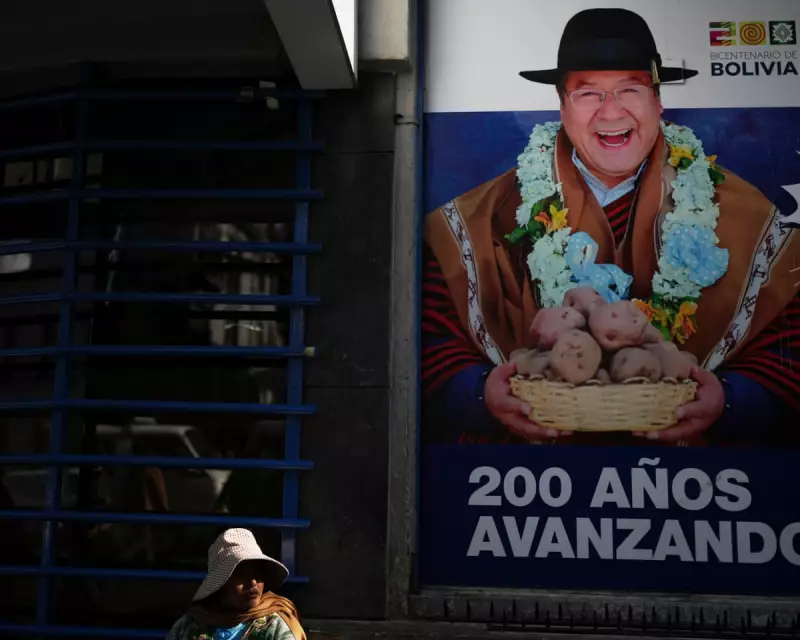
Bolivians are casting their votes today in a landmark election that may bring an end to two decades of socialist leadership in the country. The outcome could dramatically alter Bolivia's political trajectory and redefine its role in Latin America.
A Nation at a Crossroads
This election represents a critical juncture for Bolivia, with voters choosing between continuity with the socialist policies of former President Evo Morales or a shift toward more conservative governance. The campaign has been fiercely contested, reflecting deep divisions within Bolivian society.
The Socialist Legacy
For 20 years, Bolivia has been governed by socialist leaders who implemented progressive reforms, including nationalization of key industries and expanded rights for indigenous communities. However, critics argue these policies have led to economic stagnation and political polarization.
The Opposition's Momentum
Conservative candidates have gained significant ground in recent months, capitalizing on growing dissatisfaction with economic performance and governance issues. Their promises of economic liberalization and institutional reform have resonated with many voters.
What's at Stake
The election results could have far-reaching consequences:
- The future of Bolivia's economic model
- Relations with regional allies and international partners
- The balance of power in Latin America's political landscape
- The legacy of Evo Morales's Movement for Socialism party
International observers are closely monitoring the voting process, which comes after a period of political turbulence in the country. The election is seen as a test of Bolivia's democratic institutions and its ability to conduct peaceful transitions of power.





